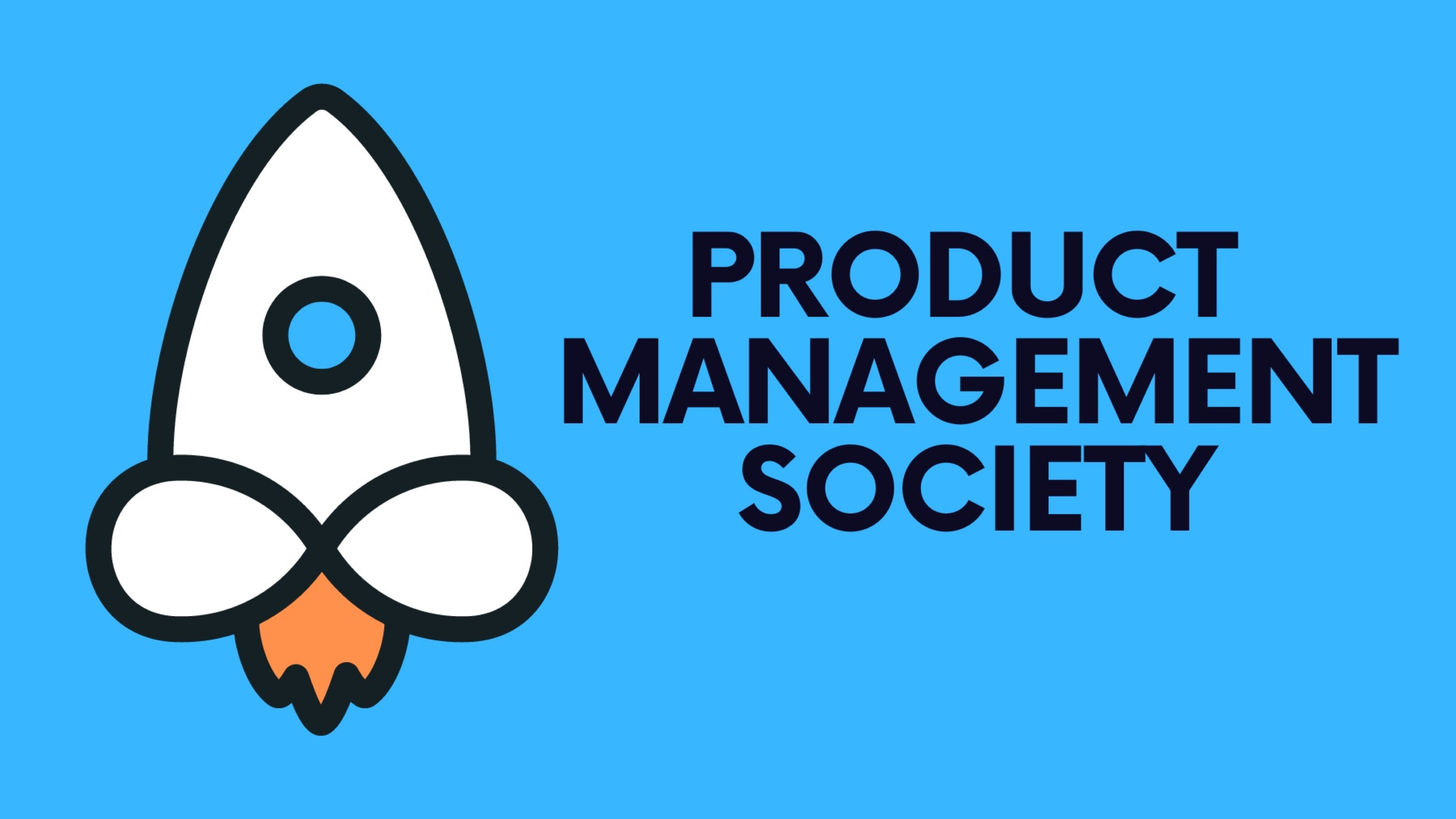When it comes to hiring product managers, asking the right questions during the interview is crucial. But why are product manager interview questions important in the first place? This article explores how targeted questions help employers identify top candidates and how they give applicants a chance to highlight their strengths in critical areas like strategy, communication, and problem-solving.
1. Targeted Assessment of Key Product Management Skills
Evaluating Strategic Thinking
Interview questions focused on product vision, market analysis, and prioritization reveal whether a candidate can see the bigger picture and align products with broader business objectives.
Example Question:
- “How would you define and measure success for a new feature launch?”
Gauging Communication and Leadership
Product managers regularly interact with diverse teams—from engineers to executives. Questions about stakeholder management or conflict resolution help uncover if the candidate can bridge communication gaps and maintain harmony.
Example Question:
- “Describe a time you had to reconcile conflicting priorities among different departments.”
2. Understanding Cultural and Team Fit
Collaboration Style
Employers want to know if a candidate’s approach to teamwork and collaboration aligns with the company culture. This might mean exploring how they handle feedback, share credit, or facilitate cross-functional collaboration.
Example Question:
- “Tell me about a conflict you faced on a product team and how you resolved it.”
Adaptability to Change
Product managers need to remain agile when market conditions or corporate strategies shift. Questions about adapting roadmaps or pivoting products demonstrate a candidate’s comfort with uncertainty.
Example Question:
- “What’s the biggest product pivot you’ve made based on new market information?”
3. Assessing Domain Knowledge and Technical Aptitude
Industry-Specific Expertise
Some product management roles demand specialized knowledge—healthcare regulations, e-commerce best practices, or AI integration. Targeted questions can assess a candidate’s industry insights and readiness.
Example Question:
- “How would you prioritize features in a heavily regulated industry like healthcare?”
Technical Understanding
While not all product managers need to code, they often work closely with engineering teams. Questions about technical concepts or workflows reveal if they can communicate effectively in a technical environment.
Example Question:
- “Explain a complex technical concept you had to learn and how you applied it to a product decision.”
4. Showcasing Problem-Solving and Creativity
Analytical Skills
Case studies or scenario-based questions show how a candidate dissects complex issues, uses data, and proposes solutions. This is vital in dynamic product environments.
Example Question:
- “User engagement dropped for a core feature. Walk me through how you’d identify and address the issue.”
Innovative Thinking
Companies value fresh perspectives that lead to unique product features or business models. Questions encouraging brainstorming or radical solutions let candidates reveal their creative side.
Example Question:
- “If time and budget were unlimited, how would you completely reinvent an everyday product or service?”
5. Benefits for Candidates
Alignment with Personal Goals
Product manager interview questions don’t just help employers; they guide candidates in assessing if the role’s focus aligns with their career aspirations, whether that’s in data-driven decision-making, user research, or strategic vision.
Opportunity to Shine
Questions about achievements and challenges allow candidates to highlight their strengths—whether it’s translating user feedback into product features or managing a cross-functional product launch.
Conclusion
“Why are product manager interview questions important?” Because they zero in on the specific skills and mindset that determine success in a dynamic, cross-functional role. For employers, these targeted questions uncover a candidate’s fit in terms of strategy, communication, technical understanding, and adaptability. For candidates, they provide a platform to showcase relevant experience and passions. Ultimately, well-crafted interview questions lead to better matches, ensuring product managers are equipped to drive meaningful outcomes in their organizations.
If you’re finding this blog valuable, consider sharing it with friends, or subscribing if you aren’t already. Also, consider coming to one of our Meetups and following us on LinkedIn ✨
Thanks for reading Product Management Society! Subscribe for free to receive new weekly posts 🚀







